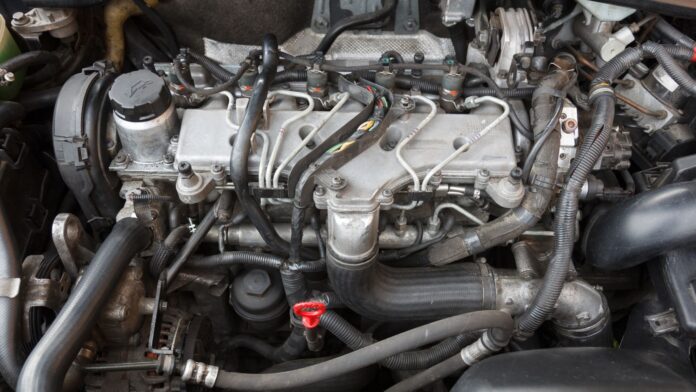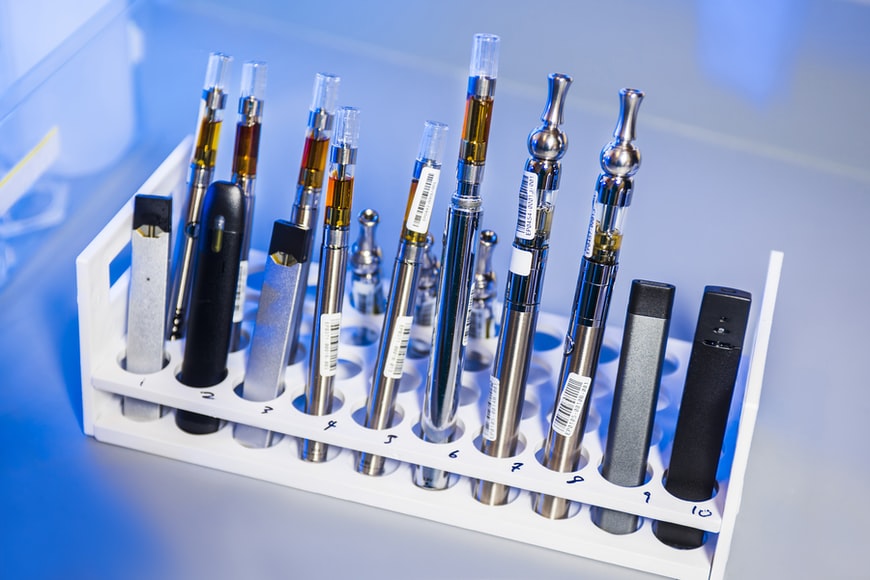The diesel pump is one of the most important components in a vehicle engine. It is responsible for delivering the right amount of fuel to the engine, so it’s essential that you know how it works and what bad fuel pump sound to look out for. Diesel pumps are very reliable and low-maintenance, making them ideal for hardworking folks who don’t want to be bogged down by complex maintenance tasks.
In this article, we are going to explore diesel pumps and all they entail. This will include their work and components. We will also let you in on the indicators which will tell you if your diesel pump is faulty, its repair and maintenance as well as reasons which cause diesel pumps to go bad. Let’s dive into the details!
How do Diesel Pumps work?
Before we dive into maintenance and repairs, let’s first understand how diesel pumps work. A diesel pump feeds fuel to the injectors on a turbocharged or non-turbocharged engine. This allows the vehicle to start up quickly and run smoothly even when operating at high speeds. The fuel is delivered through an injection system, which consists of several parts including a nozzle, plunger, barrel assembly, camshaft lever arm, governor assembly, and delivery valve housing.
Maintenance & Repairs
Just like any other part of your vehicle’s engine, regular maintenance of your diesel pump is essential for keeping it functioning properly. Inspecting hoses and other parts of the injection system should be done often to make sure nothing is clogged or blocked. If you do notice any issues with your diesel pump or its injectors, consult a professional mechanic as soon as possible before more serious damage occurs.
Reasons Why Diesel Pumps Become Faulty?
The most common reasons why diesel pumps become faulty is due to poor maintenance, contaminated diesel, wear and tear in the vehicle, incorrect fuel filter maintenance, or a worn-out pump timing belt. Poor maintenance often occurs when fuel filters are not routinely replaced or cleaned regularly which can lead to debris building up in the fuel system.
A lack of regular oil changes can also contribute to sludge building up which overworks and clogs the fuel pump’s filter system. Contaminated fuel may contain water vapor or particles which can block the system’s sensors blocking the flow of diesel.
Common Indications of a Faulty Diesel Pump
In addition to regular maintenance checks, there are some signs that might indicate that your diesel pump needs repair or replacement. Some common indicators include a decrease in power output from the engine, rough idling when starting up or driving at low speeds, stalling while driving at higher speeds, smoke coming from the exhaust pipe when accelerating suddenly or excessively loud knocking noises coming from under the hood while driving at higher speeds. If you experience any of these symptoms with your vehicle’s engine, seek assistance immediately from a qualified technician who can provide advice on how best to resolve them.
Conclusion
A diesel pump plays an important role in providing fuel to the engine in order for it to operate efficiently and effectively. Understanding how this part works helps us better maintain our vehicles so that they can perform optimally over time.
Keeping up with regular maintenance checks and being aware of potential warning signs can help us avoid costly repairs in the future due to problems related to our diesel pumps or their associated components like injection systems and hoses. Taking good care of our engines means taking good care of our vehicles as well!















